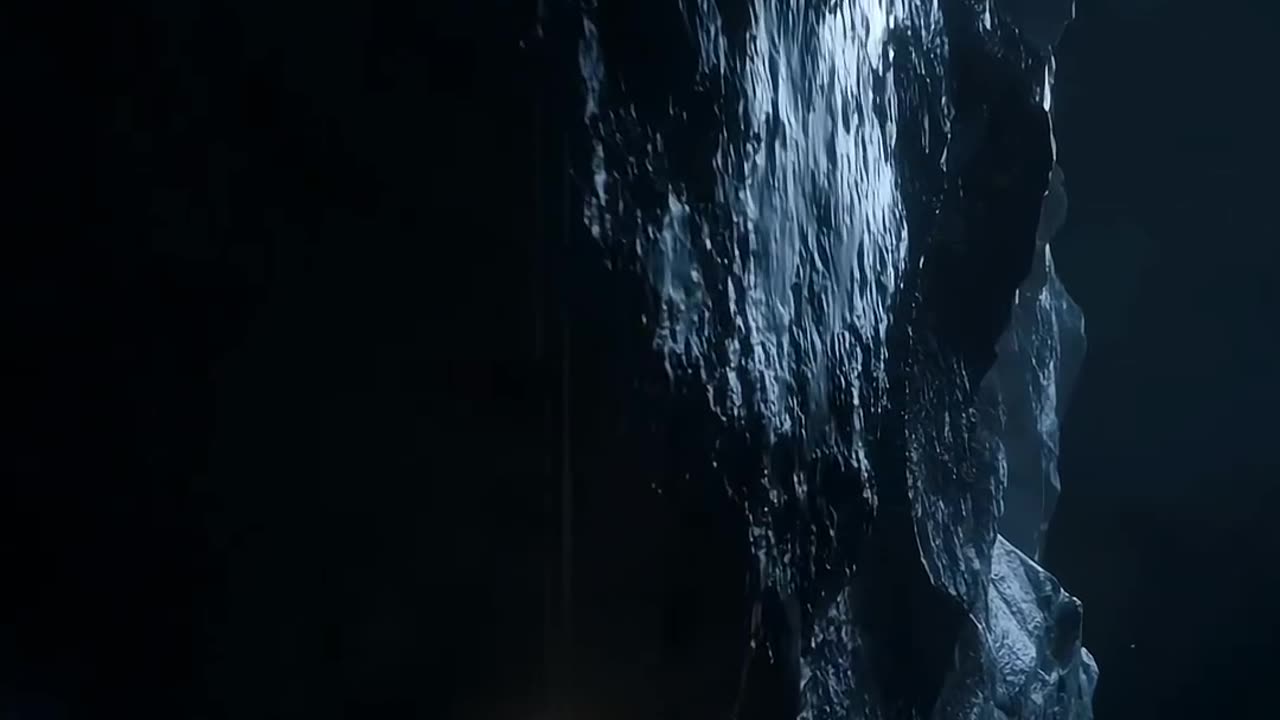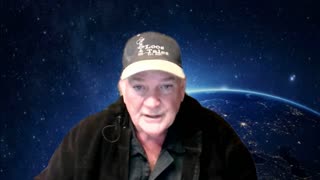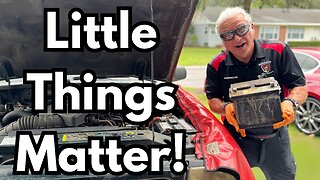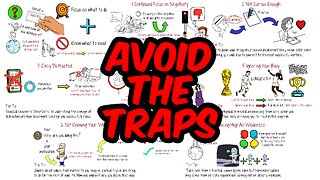Premium Only Content

Asteroids doesn't hit space craft
Asteroids, small rocky or metallic objects that orbit the Sun, pose a potential threat to spacecraft in space. However, several factors and measures contribute to the likelihood of asteroids not hitting spacecraft:
1. Vastness of Space: Space is incredibly vast, with a tremendous amount of empty space between celestial bodies, including asteroids. The chances of a spacecraft randomly colliding with an asteroid are extremely low due to the sheer volume of space.
2. Precise Trajectory Calculations: Space agencies and organizations carefully calculate the trajectories of spacecraft, taking into account the positions and movements of known asteroids. This precision helps ensure that spacecraft can avoid potential collisions with these space rocks.
3. Early Warning Systems: A network of observatories and telescopes on Earth continuously monitors the skies for potential asteroid threats. When a hazardous asteroid is detected, scientists can predict its future path and warn spacecraft operators to adjust their course if necessary.
4. Maneuvering Capabilities: Many spacecraft are equipped with propulsion systems that allow them to change their trajectory in response to potential collision threats. This maneuverability enables spacecraft to divert from their planned paths to avoid asteroids.
5. Passive Shielding: Some spacecraft are designed with passive shielding, such as protective layers or materials, to minimize the impact of small debris, including micro-meteoroids or tiny asteroid fragments.
6. International Collaboration: Space agencies and organizations worldwide collaborate on tracking and mitigating asteroid threats to spacecraft, sharing data and strategies to enhance safety.
While the possibility of an asteroid colliding with a spacecraft exists, the combination of advanced technology, precise calculations, and international cooperation greatly reduces the risk. As our understanding of asteroids and space continues to improve, the safety of spacecraft in space is continually enhanced.
-
 LIVE
LIVE
BEK TV
23 hours agoTrent Loos in the Morning - 9/10/2025
198 watching -
 LIVE
LIVE
The Bubba Army
22 hours agoFeds STEP IN on Charlotte Stabbing Case - Bubba the Love Sponge® Show | 9/10/25
2,699 watching -
 LIVE
LIVE
FyrBorne
11 hours ago🔴Warzone M&K Sniping: An Old Meta Returns To Cut Down The Competition
74 watching -
 25:54
25:54
ZeeeMedia
14 hours agoThe Shadow Government, Mask Plague, Nepal Uprising Topples Government | Daily Pulse Ep 104
13K23 -
 LIVE
LIVE
Biscotti-B23
7 hours ago $0.06 earned🔴 LIVE DRAGON BALL GEKISHIN SQUADRA IS HERE 🐉 RANKED MATCHES & BATTLE PASS SHOWCASE
25 watching -
 27:40
27:40
TheRoyaltyAutoService
16 hours ago $1.30 earnedHow To Replace A Battery Like A Professional!
24K1 -
 5:15:03
5:15:03
B2ZGaming
6 hours agoTwo For Tuesday!!! | B2Z Gaming
3.32K -
 LIVE
LIVE
BBQPenguin_
4 hours agoExtraction Action! Looting & PVP
18 watching -
 8:52
8:52
The Art of Improvement
21 hours ago $0.31 earned7 Habits Of Unsuccessful People You Don’t Want To Copy
5.05K -
 36:17
36:17
Uncommon Sense In Current Times
17 hours ago $0.82 earnedIs Humanism A Religion in Disguise: A Discussion with Humanist Stephen Law - Part 1
13.4K2